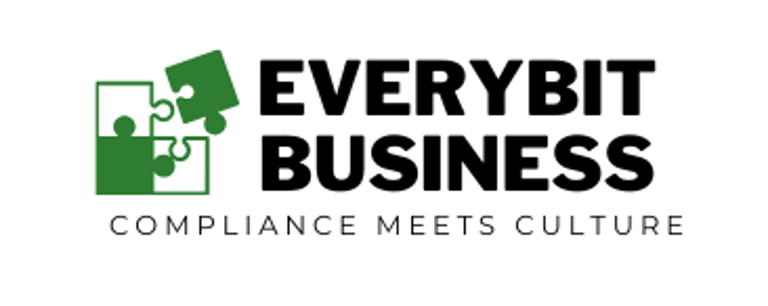Monday Morning Scorecards
Lessons on Influence and Positive Leadership
DEAR HR DIARY


A few months ago, I came across a peculiar story.
Picture this: it’s a Monday morning, the team is just settling in, coffee cups steaming, inboxes overflowing… and suddenly their manager swoops in with a stack of papers.
But not just any papers—scorecards.
Yes, you read that right. Scorecards.
On each sheet were questions like, “Am I the best boss you’ve ever had?” and “How well do I…?” The team rated him anonymously—with handwritten responses. Nothing says “anonymity” quite like signing in your own handwriting.
On the surface, you might think, “Well, that’s bold. At least he’s seeking feedback.” But here’s the catch: there was no purpose, no context, and certainly no psychological safety. The team knew rating him poorly was about as safe as whispering in a megaphone.
So the ratings? Short of comical. The exercise? Awkward at best, toxic at worst.
Where Leadership Went Wrong
The problem wasn’t seeking feedback—it was how it was done. Leadership isn’t about turning employees into judges of a talent show. Real influence comes from trust, empathy, and the courage to invite critique without retaliation.
Strong leaders create environments where people feel safe enough to tell the truth—and empowered enough to act on it.
Simon Sinek’s “Leaders Eat Last” philosophy, reminds us that leadership is adaptive. What works with one team may flop with another. But in all cases, leadership requires humility.
The Psychology Behind Feedback
From a behavioral standpoint, feedback is delicate. People don’t hold back because they lack opinions—they hold back because they fear consequences.
A Harvard Business Review survey found that while 72% of employees believe their performance would improve if their managers provided corrective feedback, almost one-third don’t feel safe enough to give their managers feedback in return.
When safety is missing, feedback turns into “data pollution” instead of meaningful insights.
Lessons in Positive Influence
So, what can leaders learn from this Monday morning fiasco?
Feedback is a gift, not a trap. Use tools like facilitated conversations or well-designed anonymous surveys—but build trust first.
Influence is not popularity. Great leaders don’t ask, “Am I the best boss?” They ask, “How can I support you better?”
Humility is magnetic. The leaders people follow are those willing to admit missteps and show they’re learning.
Psychological safety fuels performance. High-performing teams aren’t built on talent alone—they thrive because people feel safe to contribute.
Final Word
Leadership isn’t about collecting scorecards—it’s about cultivating trust and service. If you want to be remembered as more than the “quiz master,” then step into leadership as an opportunity to create environments where people thrive, not shrink.
As one leadership principle puts it: people buy into the leader before they buy into the vision.
So, here’s a Monday challenge: instead of asking, “Am I the best?” try asking:
👉 “What’s one thing I can do differently this week to make your work easier?”
That’s how you shift from insecure authority to positive influence.
Want to Lead Better?
Here are a few resources worth exploring that have also helped me in my leadership journey:
Book: Leaders Eat Last (Simon Sinek) – on building trust through leadership.
Book: The 21 Irrefutable Truths of Leadership (John Maxwell) - on principles that determine impact and the legacy
Podcast: Coaching for Leaders (Dave Stachowiak) – practical tools for real-world challenges.
If this story hits a little too close to home, you’re not alone. The good news? You don’t have to figure it out by trial and error.
At Everybit Business, we work with leaders to design practical, people-first strategies that grow both your team and your business. Let’s talk

